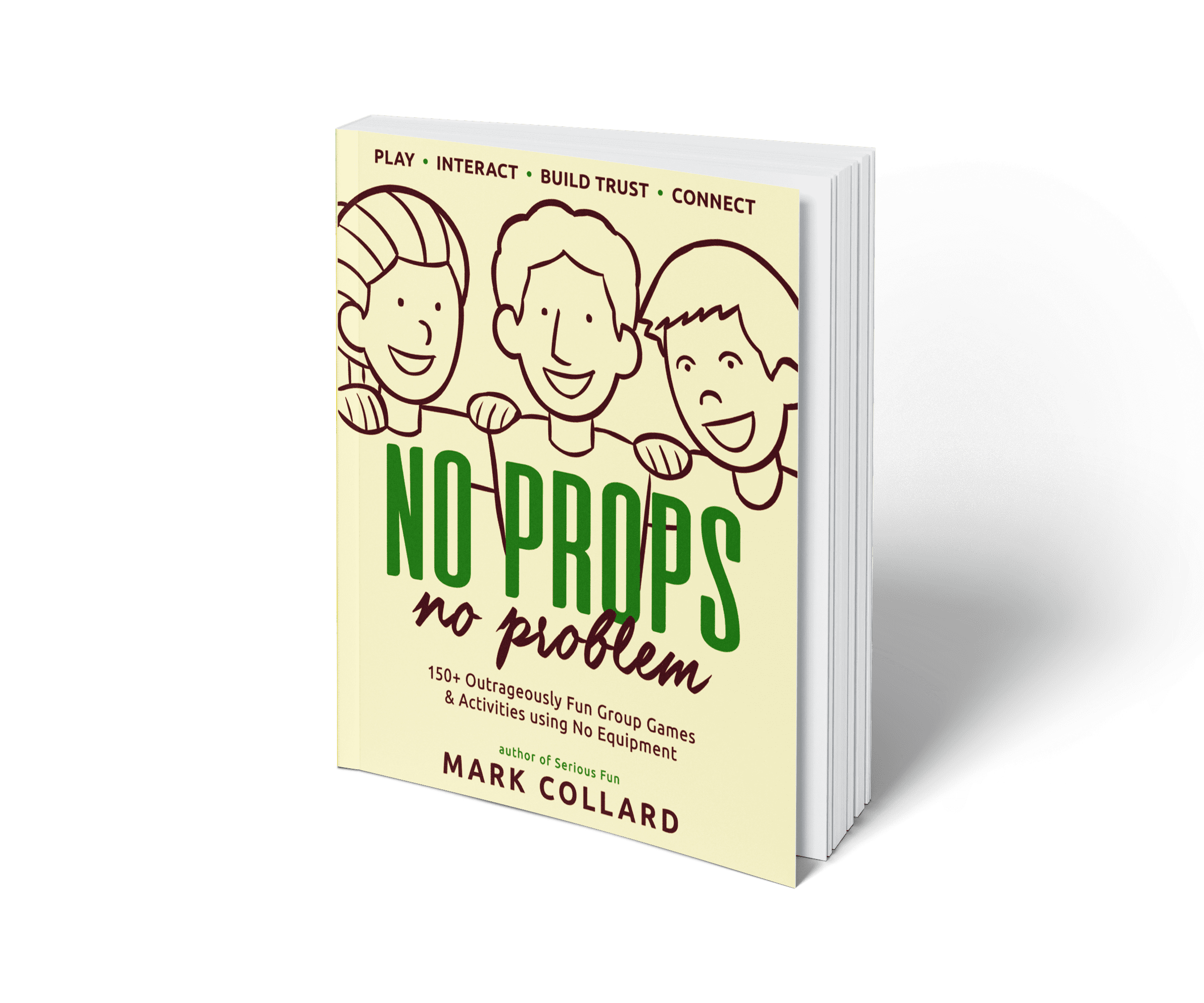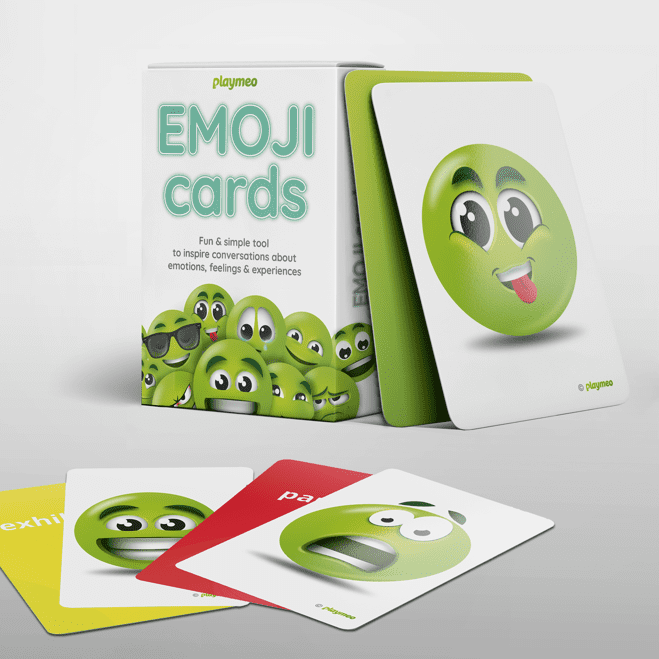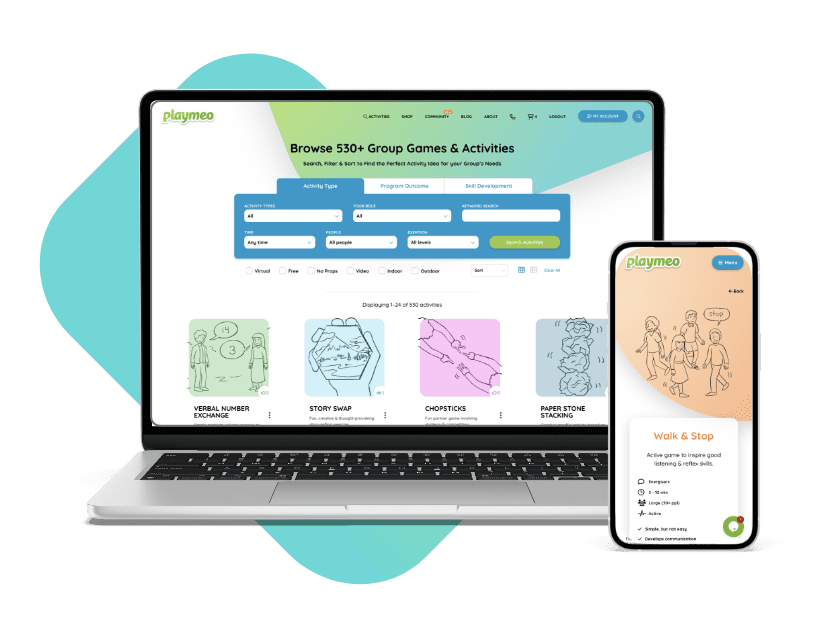Some years ago, the Partnership for 21st Century Education* conducted a meta-analysis of all of the research that had been published that focused on the building of relationships and its impact on students’ well-being and overall performance.
Their over-arching conclusion was this:
“The most successful programs in the world are those that intentionally develop healthy & trusting relationships from the beginning.”
Okay. Wow.
What Does This Research Mean?
Let’s break this conclusion down into chunks.
First, “the most successful programs in the world…” Based on the terms of reference of this long-term analysis, success was measured in terms of a person’s well-being and, to a lesser extent, overall performance and satisfaction.
And, the phrase ‘program’ refers to any program of activities in which someone is responsible for the well-being of others. This includes teachers and trainers but also counsellors, camp leaders, coaches, parents, etc. Most likely you, right?
Second, the most critical word on which the whole premise of success is founded is ‘… intentionally…’ That is to say, if your notion of building relationships is inviting a group of people to simply spend time together, then, think again. The key is your intention.
Sadly, in my experience, few program leaders bring any form of intentionality to their program designs (to build and strengthen relationships) and just hope that their group will get long. Eeeek.
Hope is not a strategy. At best, it is wishful thinking or, at worst, a poor excuse for not knowing what else to do.
Yes, some groups may possess the requisite DIY skills to build resilient and trusting relationships, but let’s be honest – this does not describe most of the groups you/we work with.
Finally, are the words ‘… from the beginning.’ This is not to say that you should wait until the start of the next school year or new recruit training program, etc, to build relationships. The research simply states that the most successful programs are those that intentionally build relationships from the beginning.
In other words, any time and energy you invest in building the relationships of your group – no matter when – is useful. But where possible, start at the beginning.
Top Ten Icebreakers & Group Games
Download our free 28-page ebook jam-packed with outrageously fun activity ideas.
Should I Play Icebreakers Mid-Term?
This was the precise question a member – a teacher about to start at a new school midway through the year – asked me this week.
I think you’ll be interested in my response:
There are so many suggestions I could make that would help your students make connections, but… I think the big thing to consider is that you are (a) starting partway through a term, and (b) the students will mostly know each other quite a bit in some regards.
So, my overwhelming advice is to frame whatever experiences you share with them as “an opportunity (for you) to get to know them and have some fun” rather than “play some icebreakers.” If what you deliver is fun, you should not meet too much resistance because they will be keen to play, even if for only 5 minutes at the start of your class.
If it was me, I’d be thinking about activities such as Crosstown Connections, One Two Three, any UBUNTU Cards activity, We Connect Cards, Clumps, Categories, Count to Six and some very introductory group initiatives such as Circle the Circle, Through the Wringer, Change Up, Verbal Number Exchange and Mute Line Up.
If possible, it would be valuable to connect these activities directly to your curriculum in some way, eg segue from the game to how it relates to maths.
This strategy not only responds to the “why are we playing games?” retort but also provides a carrot to intentionally encourage their participation, which, of course, helps to build and strengthen their relationships. Not that this benefit needs to be made explicit, as such 🙂
So, What Do You Think?
Do you think intention is the key ingredient to building and strengthening relationships?
Do relationships matter as much to you and your program’s success?
Share below and tell us what you think.
ps: the Partnership for 21st Century joined Battelle for Kids in 2018.

No Props? No Problem!
Get 150+ no-prop games & activities + exclusive 30-day free trial of playmeo. Scan QR codes to view activity videos, leadership tips, etc.

EMOJI Feeling Cards
50+ cards that portray a range of emotions from happy, sad, angry & confused. Ideal for building emotional literacy skills.

Wow, you’ve been busy!
You can open 1 more
activity for free.
Limit resets every 24 hours
or click below to get unlimited access.











thaaaaanks for this, mark!
verrrrry quickly – to me, this sounds 100 percent connected to your next blog about collective wisdom (well, at least the title. smiiiiile). in this instance – i think the purpose is about creating and sustaining intentional relationships – shared strengthening, relationship building, shared connections, et al.
will think about this some more…..
(“,)
….. annnnnd following mr. littlefield’s lead – relationships are about getting from ME to WE. winq winq